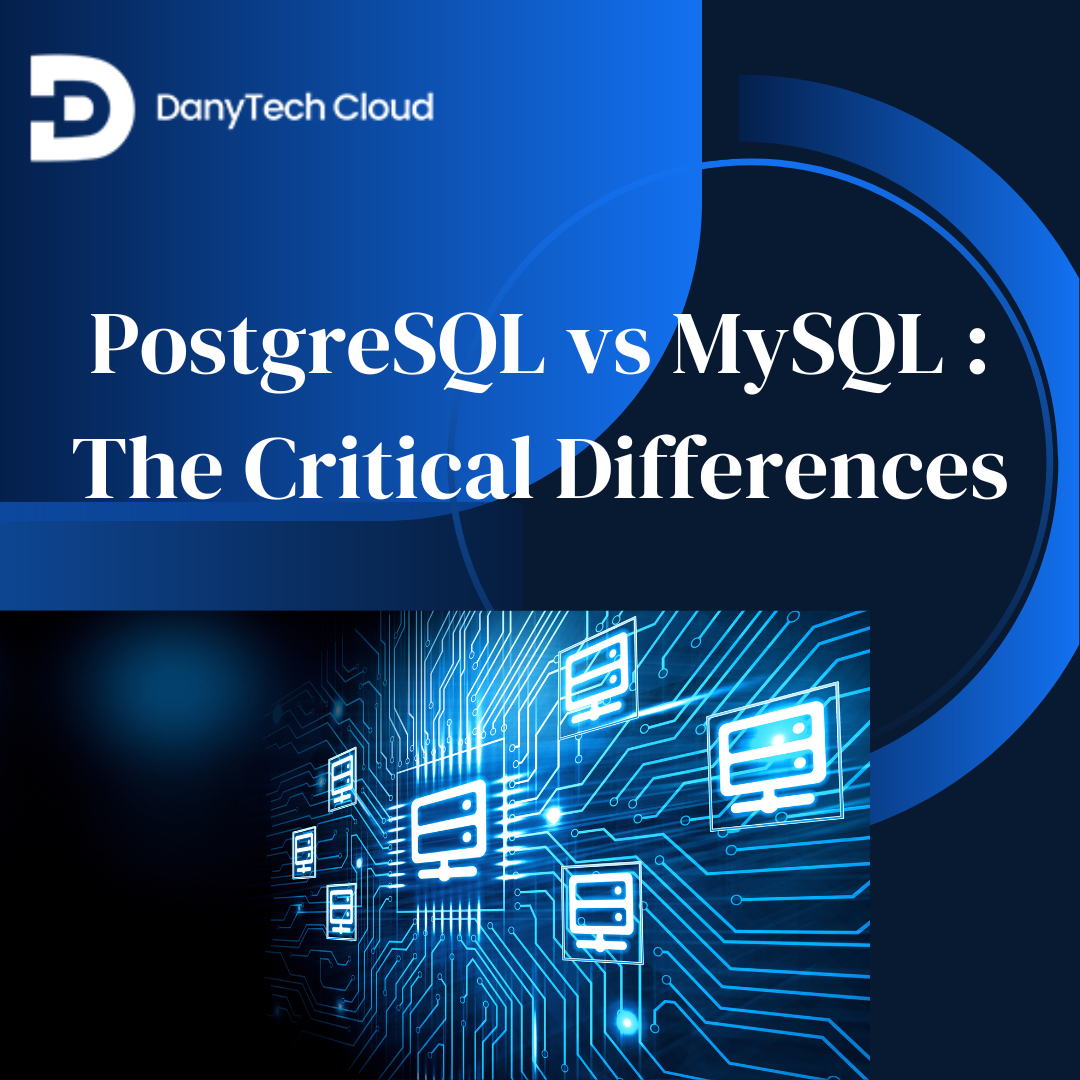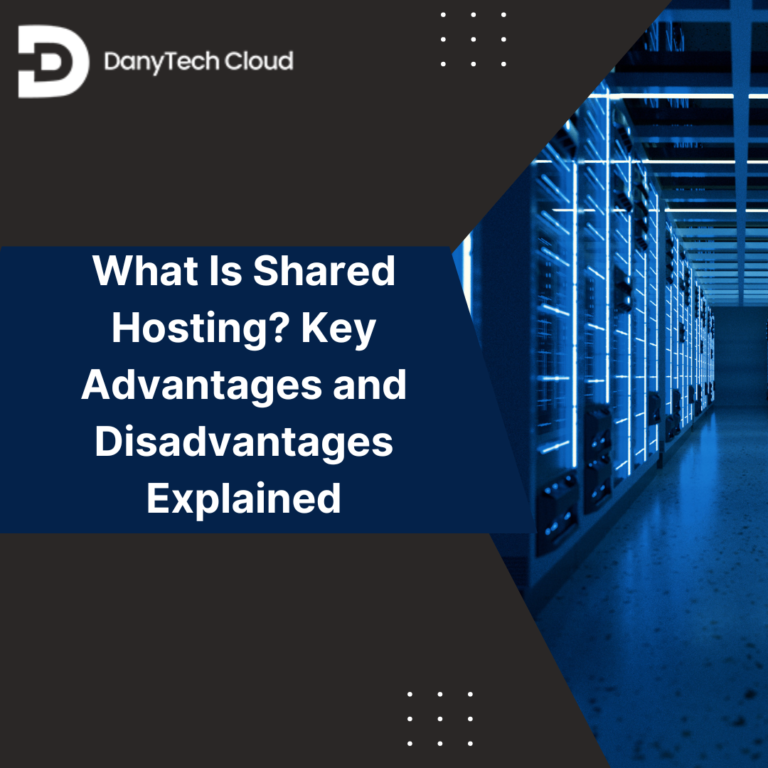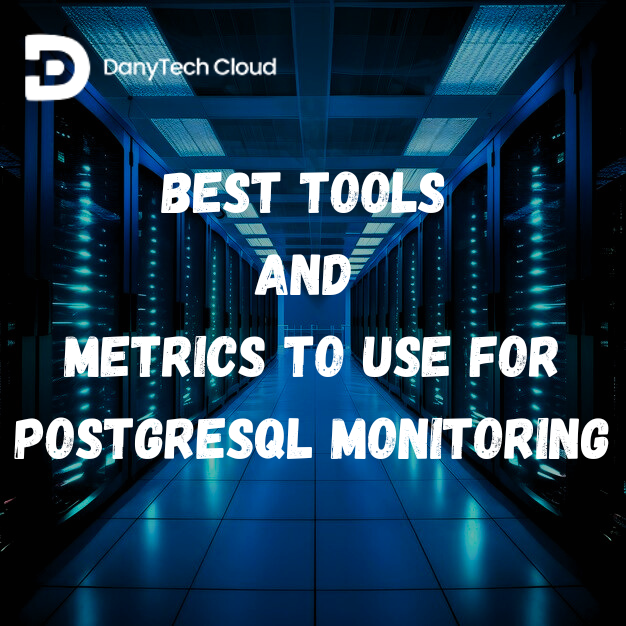Data is a collection of different observations and facts. Over time, developers felt that managing data was not only an optional tracking system. Rather, it is a necessary thing as the world gradually gets more connected through the internet. Hence, with an increase in data intake globally, there is an ever-rising need for powerful and flexible databases. Two major open-source databases are commonly used globally. In this article, we will examine the differences between PostgreSQL vs MySQL. In this article, you will get a detailed answer for what’s the difference between MySQL and PostgreSQL?
What Are PostgreSQL and MySQL?
Before jumping on MySQL vs PostgreSQL, we will explain these terms. First, what is PostgreSQL? PostgreSQL, often referred to as “Postgres,”. It is an open-source object-relational database management system (ORDBMS). This database is popular for its scalability, robustness, and wide range of features.
MySQL is an open-source relational database system (RDBMS). This system is known for its speed, ease of use, and flexibility. Also, it has historically focused on performance and simplicity over strict adherence to standards. However, it has currently worked on improving standards compliance. Now, let’s move on to the difference between MySQL and PostgreSQL.
Key differences: PostgreSQL vs MySQL
Let us tell you the major difference between MySQL and PostgreSQL. While PostgreSQL and MySQL are conceptually the same, there are a lot of differences between MySQL and postgreSQL to consider before implementing them.
ACID Compliance
ACID (Atomicity, consistency, isolation, and durability) are database properties. These properties ensure a database remains in a valid state even after sudden errors. For instance, if you update a large number of rows but the system fails in the middle, no row should be modified.
On the other hand, MySQL provides ACID compliance only when you use it with InnoDB and NDB Cluster storage engines or software modules. PostgreSQL is completely ACID-compliant in all configurations.
Concurrency Control
MVCC (multi-version concurrency control) is an advanced database feature. It makes duplicate copies of records to read and update similar data in parallel securely. When you use MVCC, many users can read and modify the same data at the same time without compromising data integrity.
In MySQL, MVCC varies by Storage Engine. For instance, MVCC is completely supported when you use the InnoDB storage engine. However, MVCC is not backed in the MyISAM storage engine. PostgreSQL supports MVCC in all configurations. This is one of the differences between PostgreSQL vs MySQL performance.
Data Types
While discussing MySQL versus Postgresql, it is important to examine the main difference between MySQL and PostgreSQL, which is their types. MySQL is a purely relational database. On the other hand, PostgreSQL is an object-relational database. It means that in PostgreSQL, you can store data as objects with properties. Objects are a general data type in many programming languages, for example Java and NET. Objects support paradigms like inheritance and parent-child relationships.
Moreover, for database developers, working with PostgreSQL is more intuitive. Also, PostgreSQL supports other additional data types like XML and arrays. Now, you have got the answer for what are the main differences between PostgreSQL and mySQL.
Views
A view is a data subset. The database system creates it by pulling relatable data from multiple tables.
While MySQL backs views, PostgreSQL gives advanced view options. For instance, you can precompute some values in advance (like the total value of all orders over a provided period) to build materialized views. Materialized views make database performance better for complicated queries. Further will discuss another difference between mySQL and postgreSQL databases. Please keep reading.
Stored Procedures
Stored procedures are formulated query language (SQL) code statements or queries you can write and save in advance. You can reuse the same code again and again, which makes database management tasks more efficient.
While both PostgreSQL and MySQL support stored processes, PostgreSQL lets you call stored procedures written in languages other than SQL.
Triggers
Another difference between PostgreSQL and MySQL is about triggers. A trigger is a stored method that runs automatically when a related event happens in the database management system.
In a MySQL database, you can only use BEFORE and AFTER triggers for SQL INSERT, UPDATE, and DELETE statements. It means that the procedure will operate automatically before or after the user modifies the data. On the other hand, PostgreSQL backs the INSTEAD OF trigger so that you can manage complex SQL statements using functions.
Which to Choose Between PostgreSQL and MySQL
After discussing what is difference between MySQL and PostgreSQL, we will talk about which to choose between the two. While choosing between PostgreSQL and MySQL, you must take into account the following factors.
Application Use Case
PostgreSQL is suitable for enterprise applications that have to do advanced queries and frequent writes without compromising data integrity. It excels in handling complicated data and provides strong concurrency control. Meanwhile, MySQL is ideal for easier use cases and prioritizes efficient reads over complex data manipulation.
Development Expertise
PostgreSQL has a steeper learning curve. It is because of the many advanced features it provides. Getting the most out of them takes effort and time, which makes it a more complex technology to learn. In contrast, MySQL is considered easier to understand and beginner-friendly. It prioritizes ease of use and simplicity which makes it more accessible for beginners.
Performance Requirements
PostgreSQL tends to work faster in concurrent write operations. It is because it does not use read/write locks. While MySQL depends on write locks, which decreases the number of simultaneous activities per procedure. Yet, it tends to show better outcomes in read-intensive procedures. The prime reason for this is most applications primarily read data from the database, which is big.
At last, PostgreSQL vs MySQL performance can be impacted by various factors, including;
- Hardware configuration
- Database schema design
- Query optimization
Specific use case - Data volume
workload patterns
However, the advantages of PostgreSQL overshadow the benefits of MySQL. Yet, the choice is yours!
Frequently Asked Questions
PostgreSQL is prioritized for managing large datasets, read-write operations, and complex queries. Though, it is not preferred for read-only operations. MySQL provided lesser features than PostgreSQL, but this lets MySQL stay lighter, faster, and more stable at processing. Particularly, when it comes to read-only queries.
If your application needs frequent data updates, PostgreSQL is a better option to go with. However, if you need frequent data reads, MySQL is better.
Yes. You just keep their connections separate. Remember that the two will be managing completely separate “worlds”: No SQL statement can refer to both simultaneously.
Conclusion
In this comparison guide, we hope you understand what is the difference between PostgreSQL and mySQL. Although the two most famous relational databases on the market have comparable abilities, they have some major differences. Here, you have the chance to explore the difference between MySQL and PostgreSQL syntax and figure out which one is the most suitable for your needs. No matter what solution you end up choosing, you require a tool that can connect to these and many other databases. Besides, if you want to get the best PostgreSQL Dedicated Hosting Service, feel free to contact our team!




